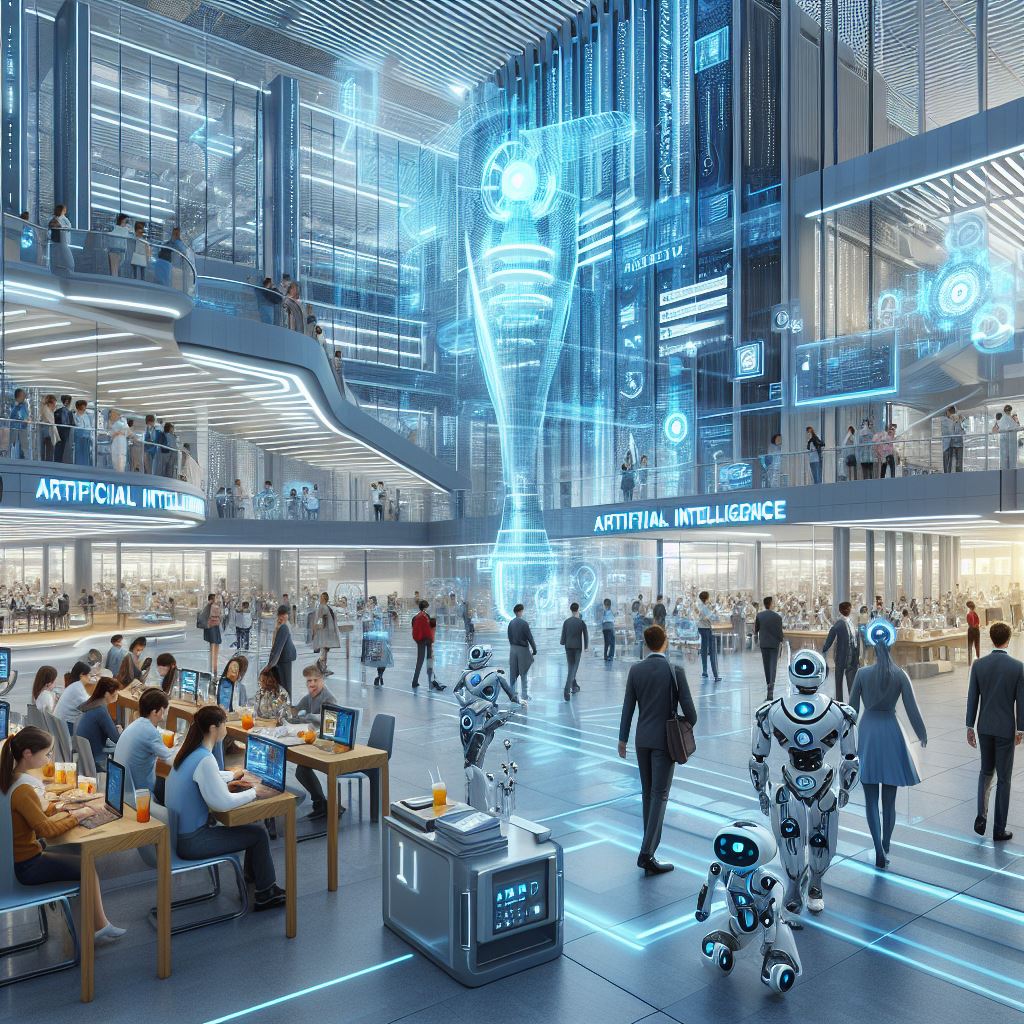Artificial Intelligence (AI) has undergone a remarkable evolution since its inception, transforming from a mere conceptual idea to a revolutionary force that shapes various aspects of our daily lives.
The journey of AI has been marked by significant milestones, breakthroughs, and paradigm shifts.
The concept of AI was first introduced in the 1950s, with pioneers like Alan Turing laying the groundwork for machines that could mimic human intelligence.

Early AI systems were rule-based and relied on explicit programming to perform specific tasks. However, progress was slow due to limitations in computing power and the complexity of emulating human thought processes.
The turning point came in the 1980s with the advent of machine learning, a subfield of AI that focuses on developing algorithms capable of learning from data. This shift from rule-based systems to learning-based systems marked a fundamental change in AI development. The emergence of neural networks, inspired by the structure of the human brain, allowed machines to recognize patterns and make decisions independently.
In the 21st century, the proliferation of big data and advances in computing power fueled the rise of deep learning. Deep neural networks with multiple layers became instrumental in solving complex problems, such as image and speech recognition.
This era witnessed breakthroughs like IBM’s Watson defeating human champions in Jeopardy! and Google’s AlphaGo beating world champion Go players, showcasing the potential of AI in domains once thought to be exclusive to human intelligence.
The integration of AI into everyday life accelerated with the rise of virtual assistants and chatbots. Companies like Apple, Amazon, and Google introduced AI-driven personal assistants that could understand natural language and perform tasks based on user commands. This made AI more accessible and familiar to the general public, paving the way for its widespread adoption.
The evolution of AI also brought about the concept of reinforcement learning, where machines learn through trial and error, receiving feedback to improve their performance. This approach has been crucial in the development of autonomous systems, including self-driving cars and drones.
Looking ahead, the future of AI holds promises and challenges. Ethical considerations, transparency, and accountability are becoming increasingly important as AI systems become more sophisticated and integrated into critical areas such as healthcare, finance, and criminal justice.
The evolution of artificial intelligence has been a journey from conceptualization to realization. From rule-based systems to learning-based models and deep neural networks, AI has come a long way. As we navigate the future, the responsible development and ethical deployment of AI will be essential to harness its full potential for the benefit of society.


